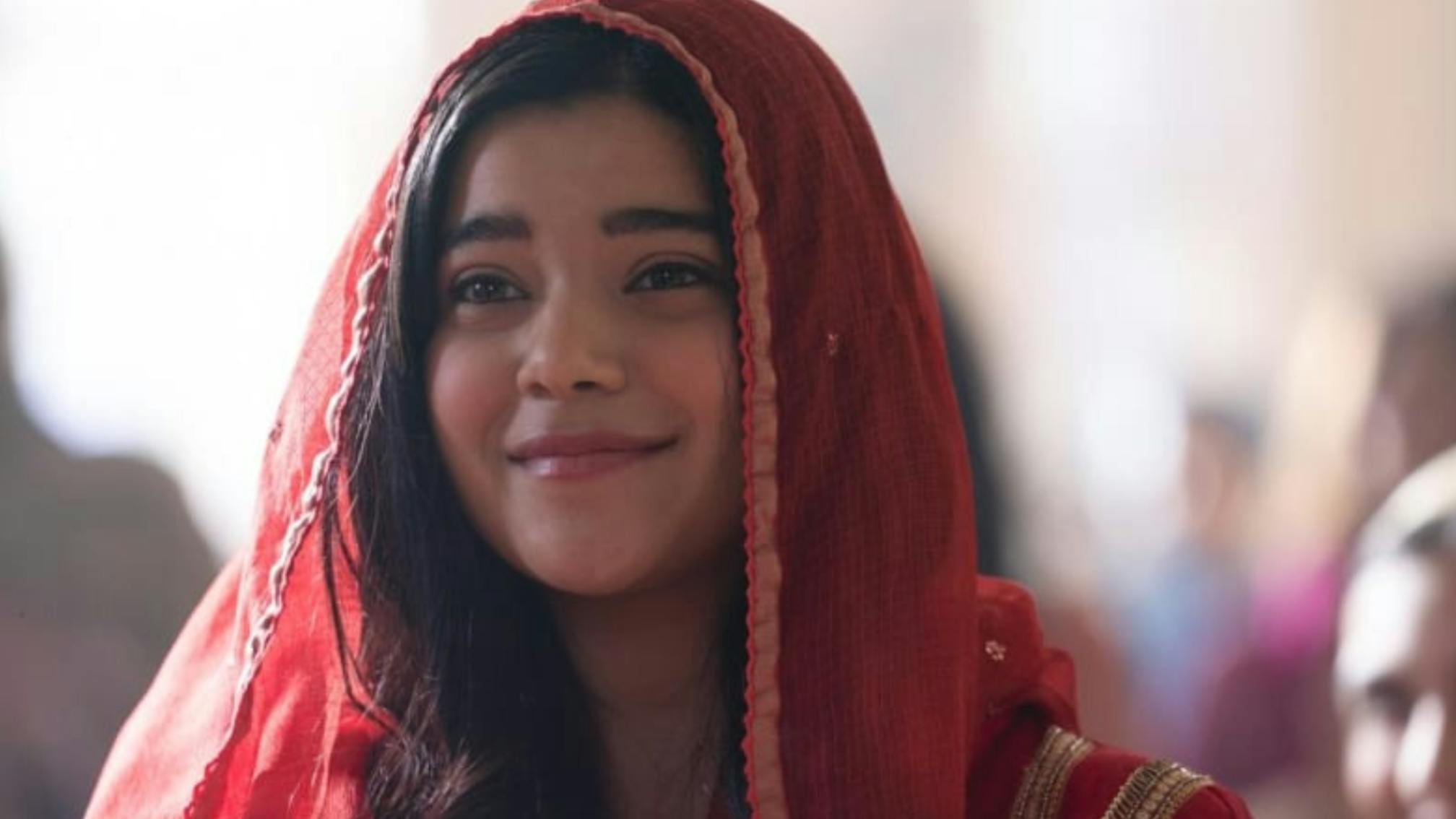Brought up in the multicultural working-class backdrop of Nottingham, I was never too far from a mosque or a thriving South Asian community. But still, as a teen, I had felt myself slip into the strides of assimilation, weary to claim customs that proudly made my family Pakistani. It wasn’t a question of shame, but accommodation. Too often I felt notably different when I took in homemade kebabs for lunch, or as my mum encouraged me to wear salwar kameez for non-school uniform days. Now, older, it’s easier to look back and shrug off the disaffection. The nervousness as I anticipated comments at school about my food, the clothes I wore or my religion was justified, but it was also strikingly obvious how a charmingly cool superhero show like Ms. Marvel, back then, would have made all the difference. Yes, representation matters and the latest Marvel instalment effortlessly disarmed any criticism with well-researched, beautiful portrayals of Muslim and South Asian culture. I watched on as the show unapologetically coloured scenes with indicators of Kamala’s religion – from Halal food signs to detailed, considered scenes of praying at a local mosque. This was the show I had longed for as a teenager.
Among its brilliant scene setting, Ms. Marvel encapsulates a key fixture of the South Asian community: family. While it winds down the exciting path of Kamala’s powers, the new young superhero does something many other friendly neighbourhood saviours can’t – she shares her secret with those closest to her. Early on in the series, the significance of family is not understated. After all, Kamala’s powers are kickstarted by a family heirloom (a magical bangle), passed down by her great-grandmother, Aisha. In episode four, Seeing Red, Kamala’s grandmother, Sana, reflects on how the ruling British uprooted millions of Pakistani and Indian lives: “My passport is Pakistani and my roots are Indian. And in between is a border, built with blood and pain.” Sana’s story of being separated from her father, as the family rushes to catch the last train to Karachi during partition, is regularly revisited during the series.
Partition occurred in 1947 during the British colonial rule of India, and remains one of the biggest movements of people in history, which left thousands injured, dead or as refugees. Shortly after independence from the British Raj, the subcontinent was partitioned into two independent countries: Hindu-majority India and Muslim-majority Pakistan. Disney, surprisingly, doesn’t shy away from mentioning the violent legacy of partition or how its generational trauma seeps into Kamala’s own origin story. If anything, Ms. Marvel pays homage to the interconnecting facets of her American-Pakistani and Muslim identity and this quasi-historical approach makes Kamala all the more interesting as a unique superhero.
